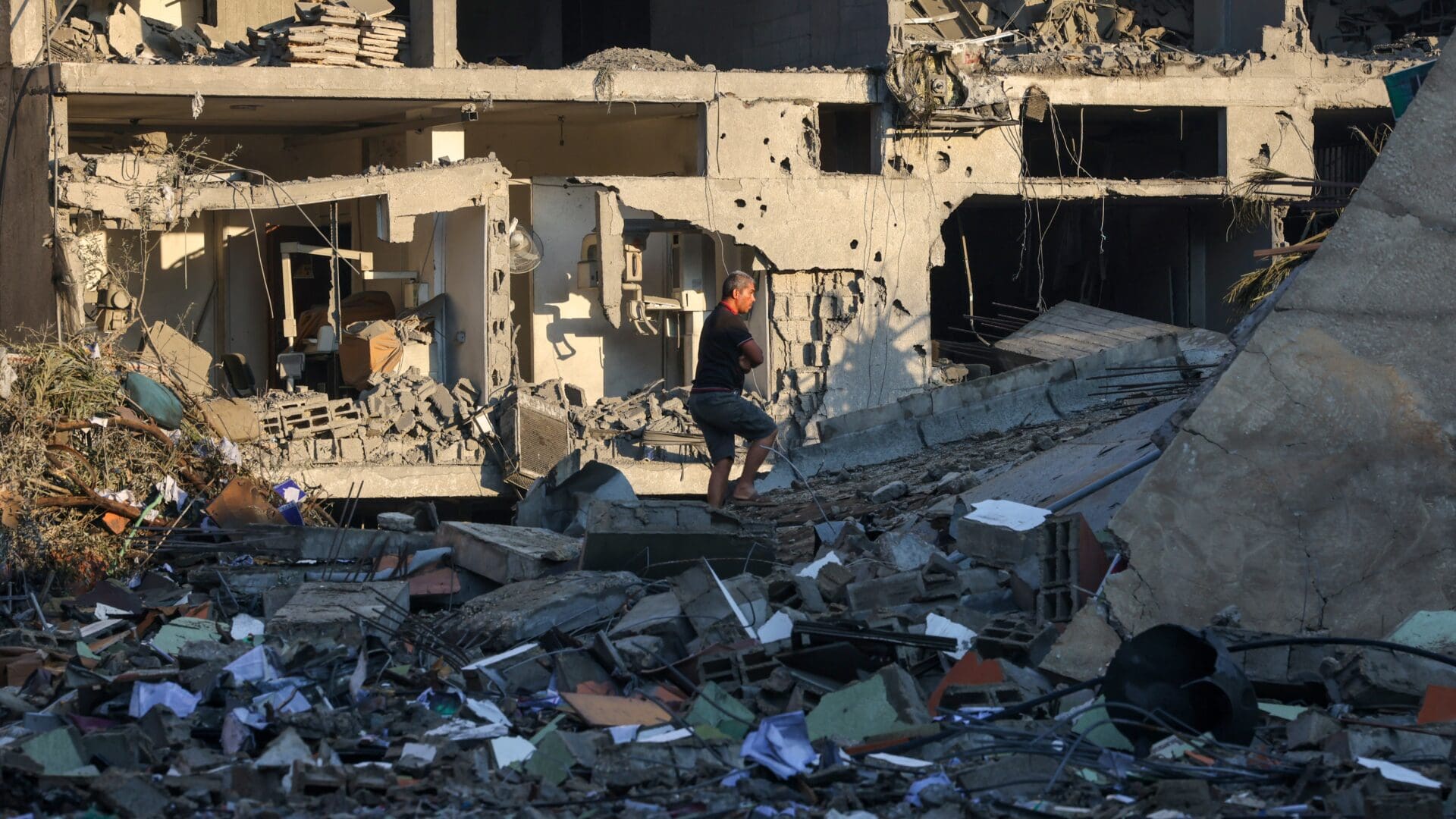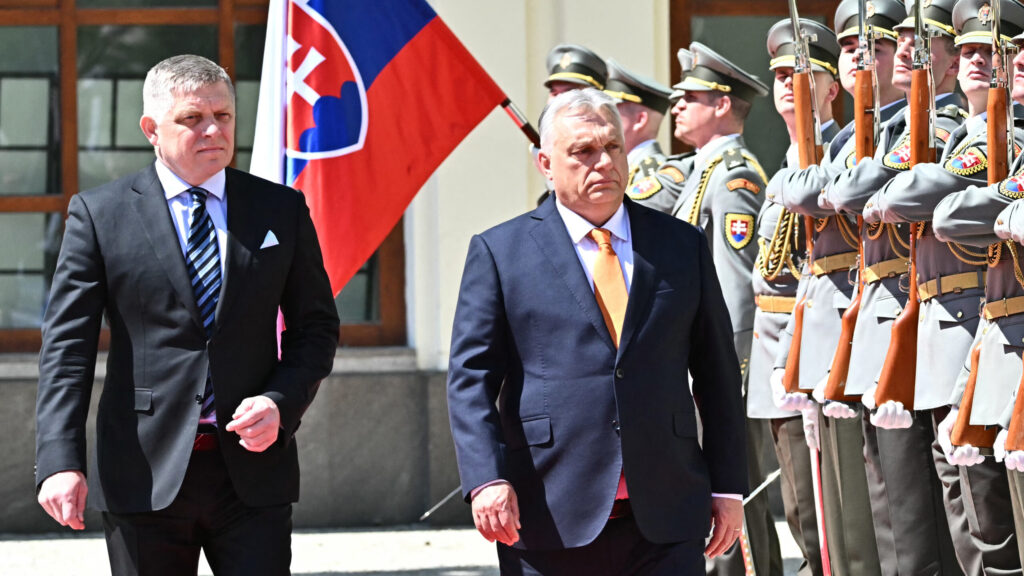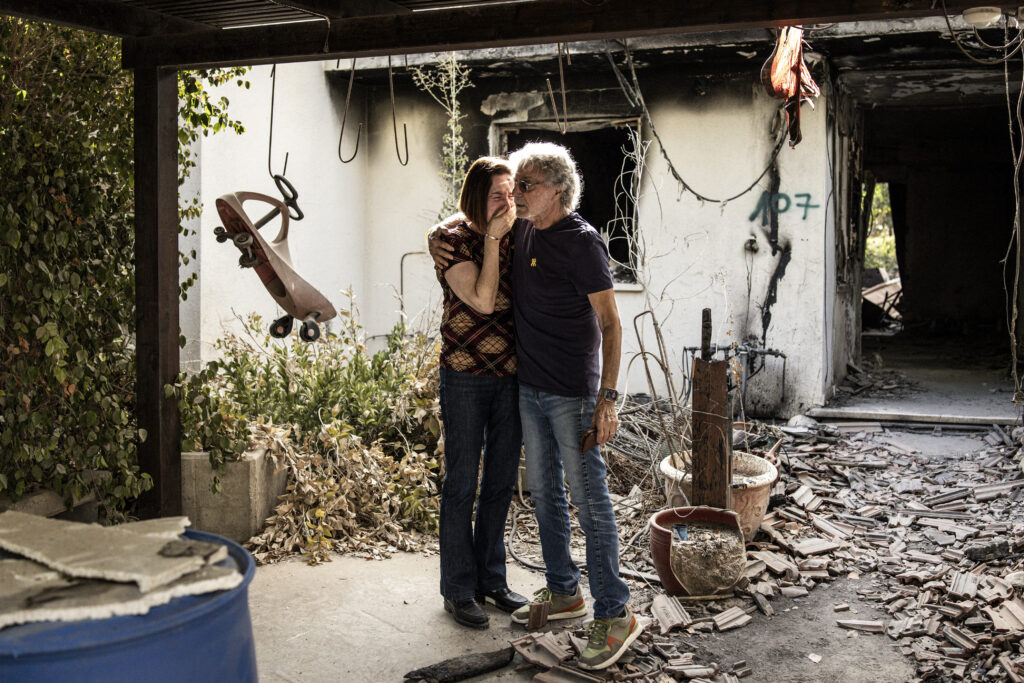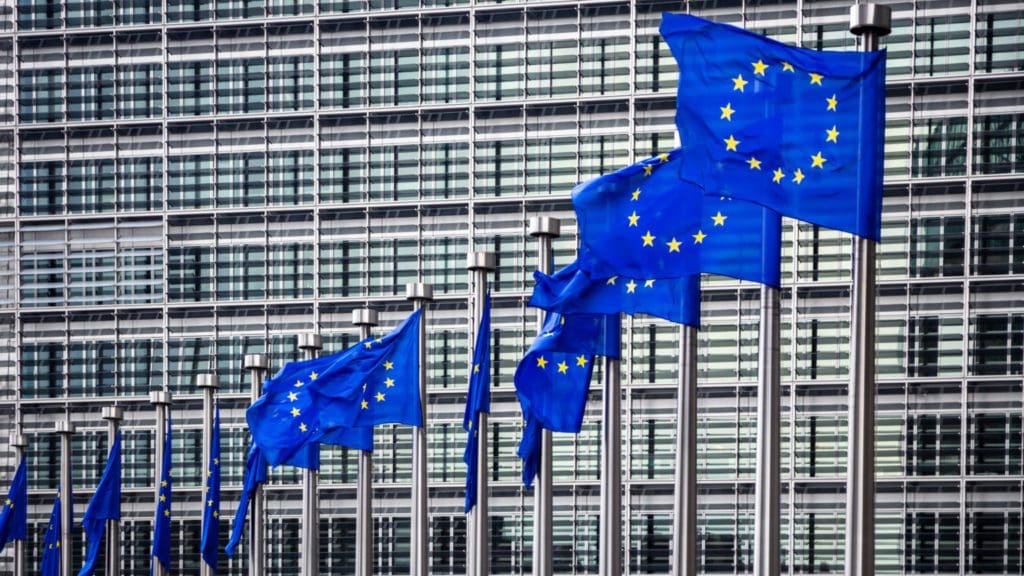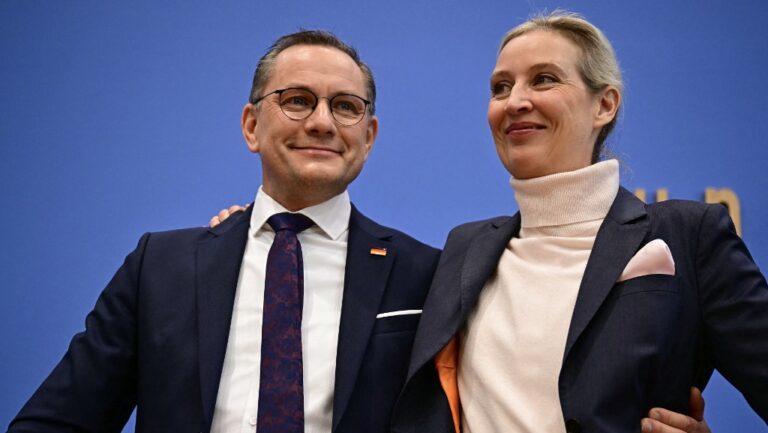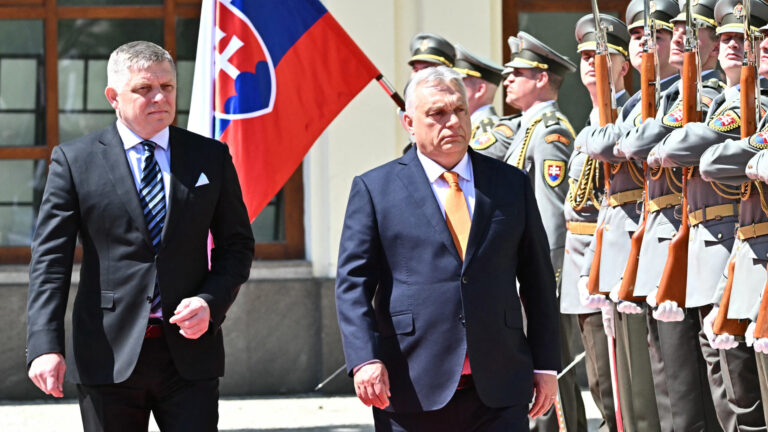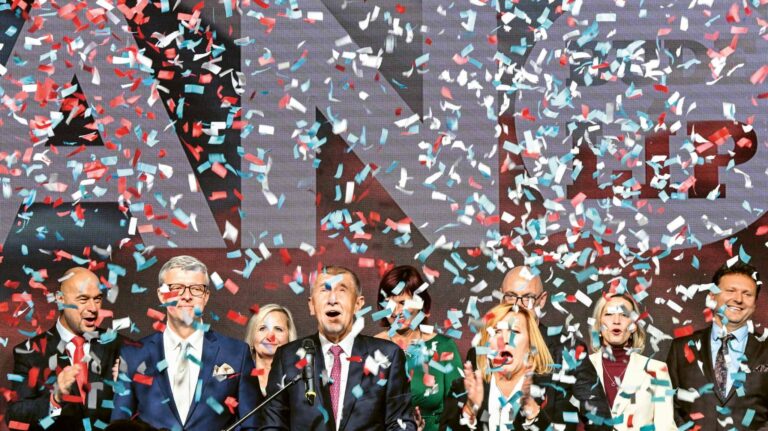High Representative for Foreign Affairs and Commission Vice-President Josep Borrell has declared that the EU distinguishes between Palestinians, the Palestinian Authority and Hamas.
The European Commission said on Monday, 9 October that it had put all of its development financing for Palestine under review following the weekend’s Hamas attack on Israel that drew general condemnation from the West. ‘The scale of terror and brutality against Israel and its people is a turning point. There can be no business as usual,’ Commissioner Olivér Várhelyi said. ‘As the biggest donor of the Palestinians, the European Commission is putting its full development portfolio, worth a total of €691million, under review,’ he added. According to Várhelyi, this would include ‘all payments immediately suspended, all projects put under review, all new budget proposals, including for 2023 postponed under further notice and a comprehensive assessment of the whole portfolio’. The initial suspension was made in response to concerns over the recipients’ alleged ties to terrorism. While the decision had sparked controversy, it was obviously intended to address legitimate security concerns and protect EU funds from potential misuse.
The EU is a major donor to Palestine and has pledged €1.18 billion in financial support from 2021 to 2024
in a joint programme for the West Bank and Gaza, which is controlled by Hamas.
Communication Breakdown?
There seems to have been a bit of a communication breakdown in the EU regarding the status of the funding last week. As CNN reported, the European Commission published a correction to Várhelyi’s statement son after it had been released. The statement said that the EU ‘will review its aid to the Palestinians with immediate effect, but this review does not cover programmes managed by the EU’s Directorate-General for Humanitarian Aid and Civil Protection (ECHO)’. As they stressed, the purpose of the review is to make sure that terrorist organizations cannot receive either direct or indirect support for strikes against Israel. However, humanitarian aid would not stop and approved payments would continue. Josep Borrell, the EU’s top diplomat, said the Commission would not suspend payments due because
punishing the entire Palestinian people would damage EU interests in the region
and further embolden terrorists. The Vice-President of the Commission declared that the EU distinguishes between Palestinians, the Palestinian Authority and Hamas.
Borrell also convened an extraordinary meeting of EU foreign ministers in Muscat, Oman to discuss the situation. European Commission spokesman Eric Mamer previously said that the Commission was analysing how these tragic events would affect current and future development aid. He stressed that the EU applies very strict rules for screening and controlling beneficiaries of EU funds and does not directly or indirectly support any group or person linked to an organization identified as terrorist in the EU.
International Reactions
The suspension of aid payments provoked mixed international reactions, with different countries and organizations taking varied positions. Some argued that the EU was right to suspend the aid, considering the security risks, while others expressed concerns about the humanitarian impact of withholding crucial funding. The situation posed a complex dilemma for the EU, requiring a careful reassessment of its approach.
A Nuanced Re-evaluation
Recognizing the need to address both security concerns and humanitarian needs, the EU embarked on a thorough re-evaluation of its decision. This process involved discussions with member states, security experts, and diplomatic partners. It was clear that a more nuanced approach was necessary, one that would balance security concerns with the pressing need for development and humanitarian support in the Palestinian territories.
The EU’s decision to reverse the suspension of development aid payments acknowledges the multifaceted nature of the Palestinian situation. While the EU remains committed to preventing any misuse of aid funds, it also recognizes the importance of humanitarian aid in providing essential services and fostering stability. The revised approach aims to strike a balance between security considerations and humanitarian assistance, while maintaining a vigilant stance regarding potential terrorism-related activities.
Read more:

